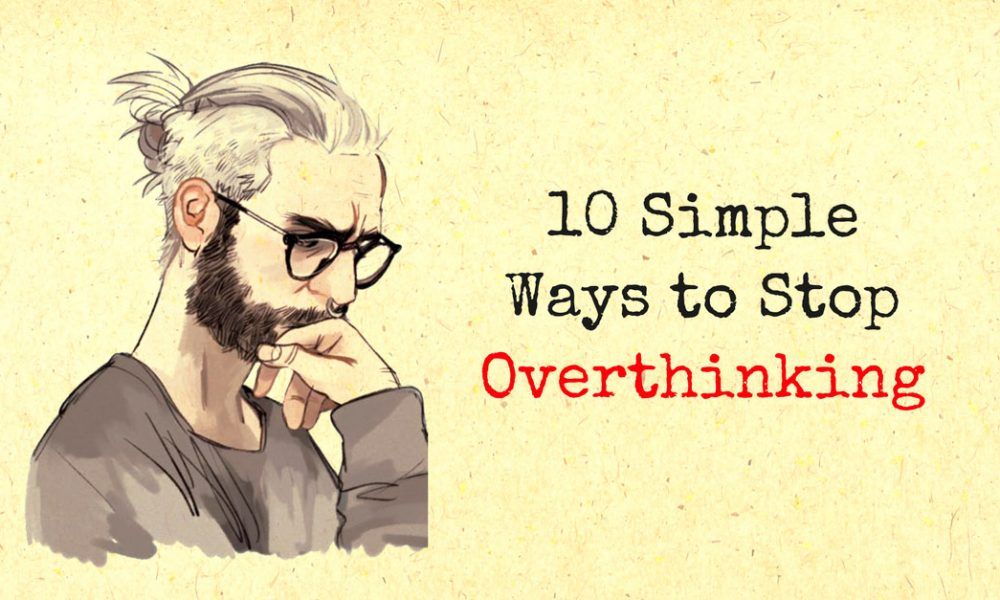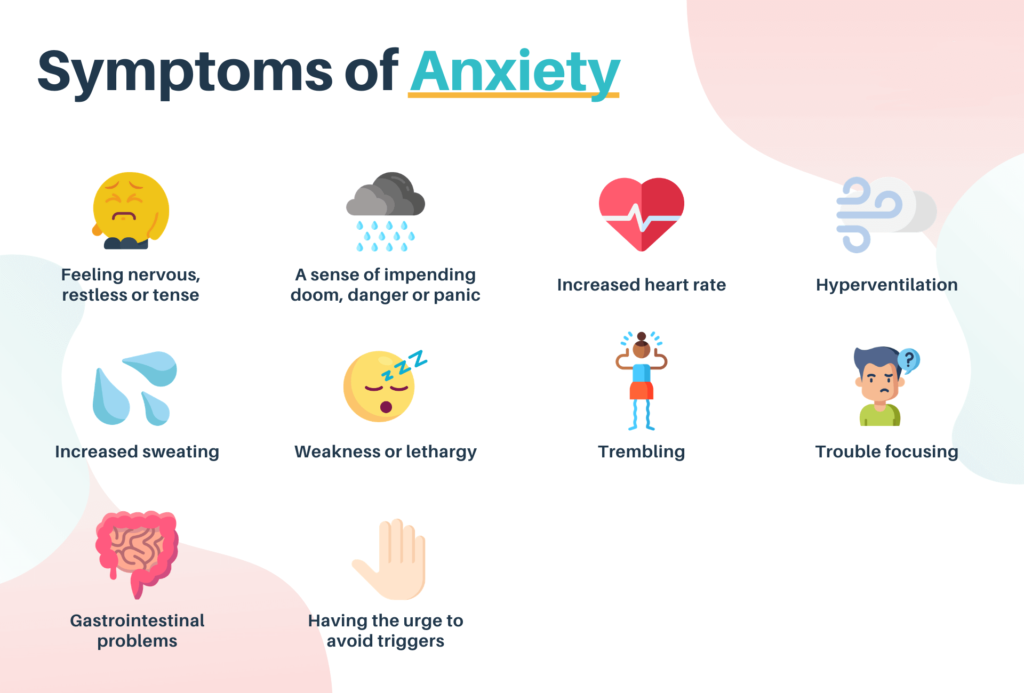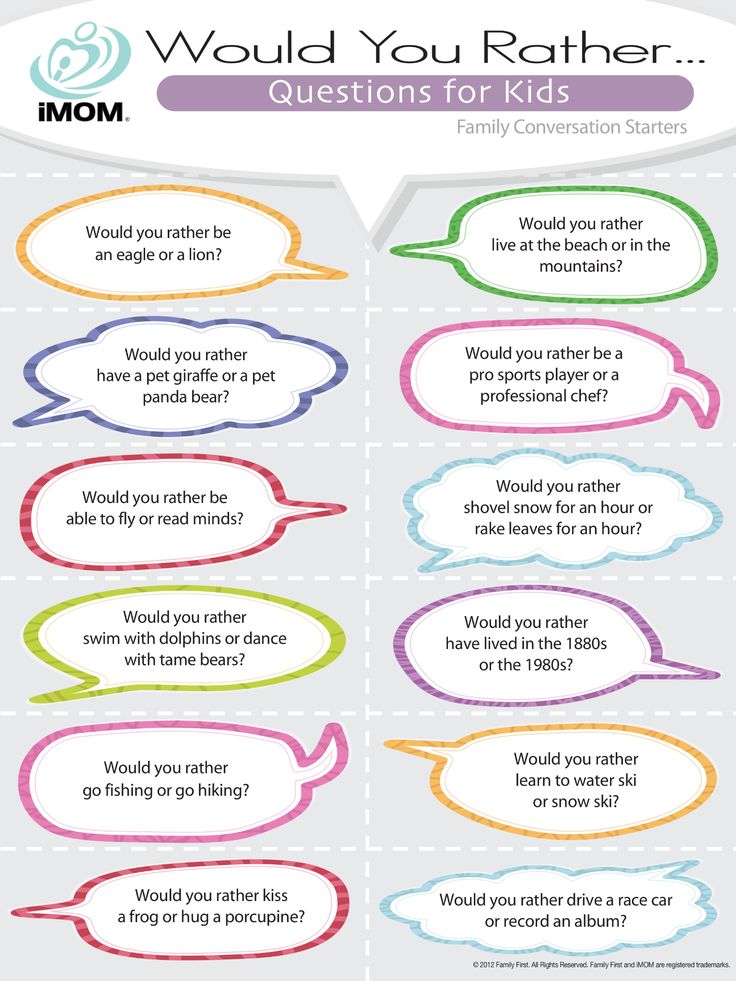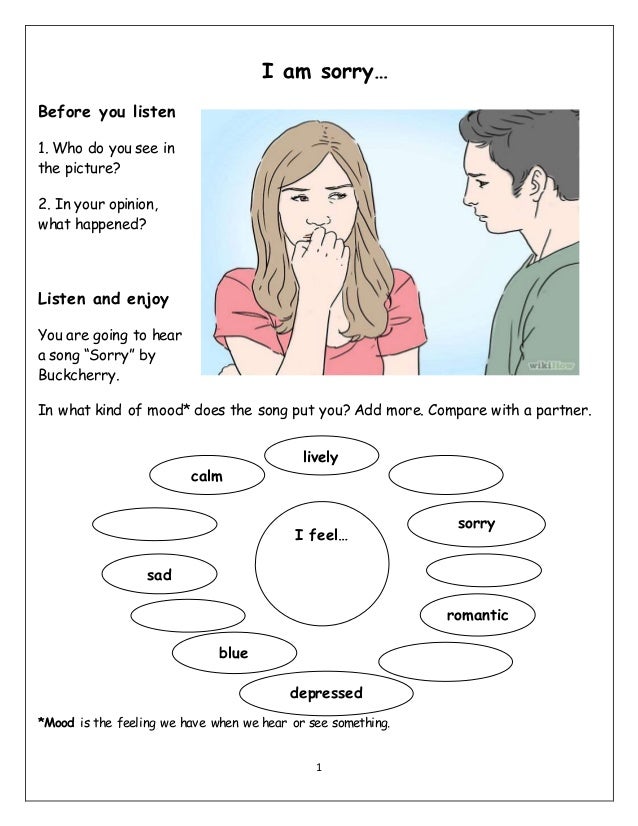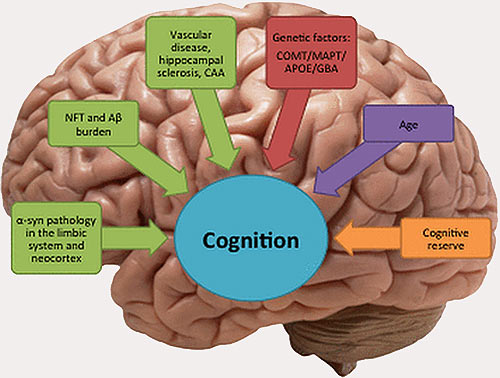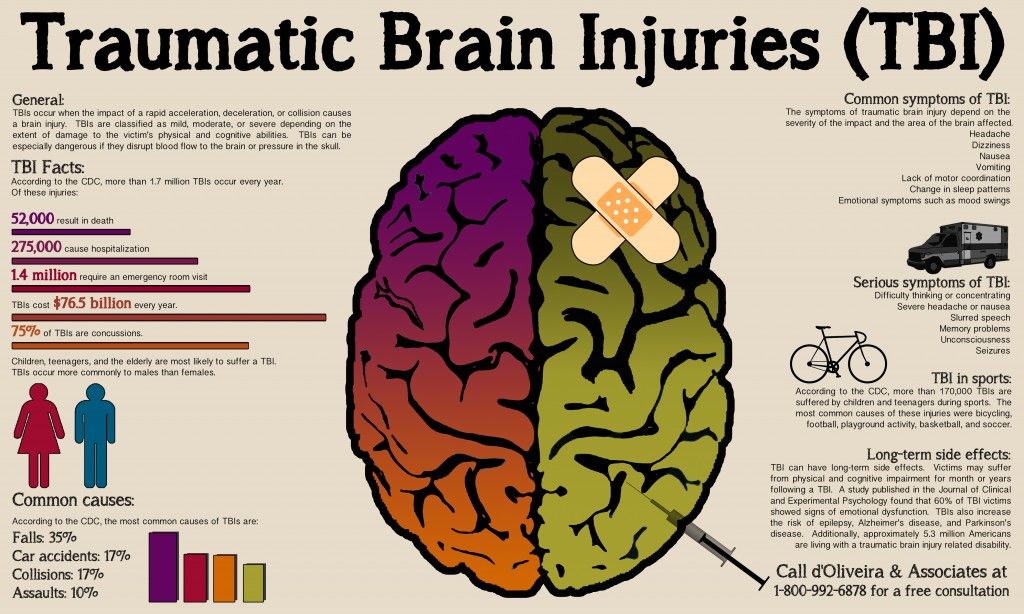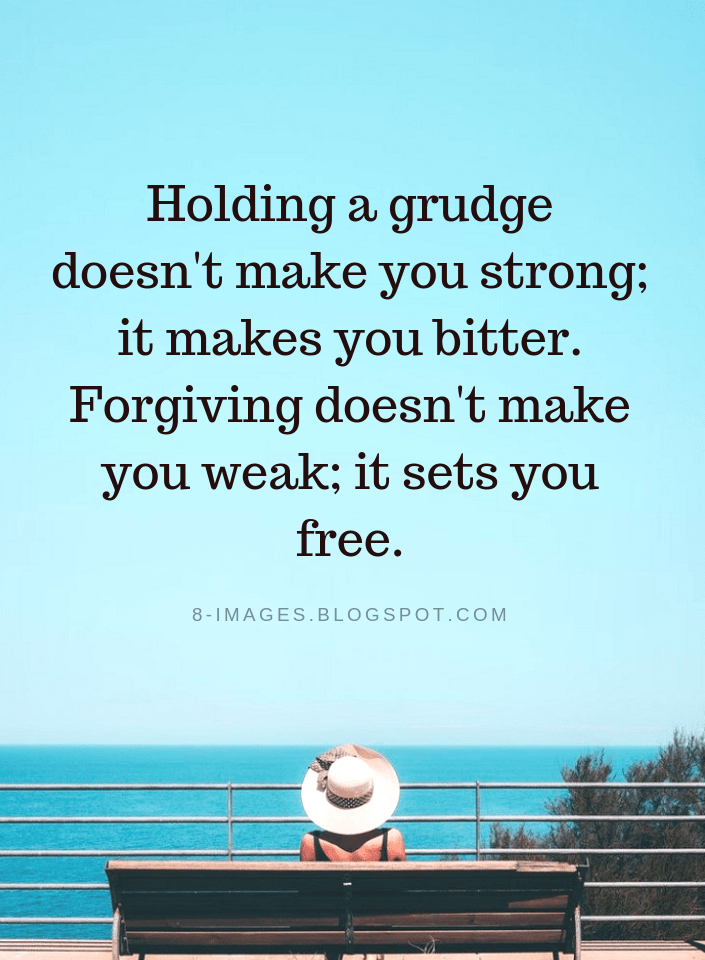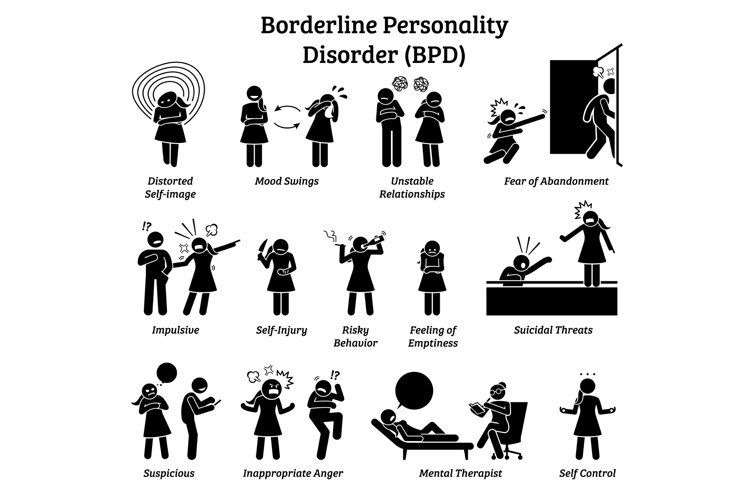Post puppy blues
Help! My Puppy Is Making Me Depressed
Puppies are supposed to bring you hours of joy and companionship, so what are all these emotions that feel like “puppy blues”?
Bringing a new puppy into your home can be a very exciting time for you as you adjust to having a new, furry ball of energy taking over your life and your couch.
But it can be a lot of work too — maybe even more than you expected — and it can lead to some less-than-happy feelings.
It’s OK to regret getting a puppy. Pets can be a hefty commitment, especially when they’re young and require training and guidance.
The “post-puppy blues” or simply “puppy blues” are a natural response to the sudden lack of freedom and increase of responsibilities that can come with a new dog.
People love puppies.
In fact, approximately 69 million households in the United States have a dog. Each year, pet owners spend billions of dollars on their furry friends, buying everything from fancy food to squeaky toys and dog collars.
For many people, owning a dog feels like a natural next step, especially if they’ve been admiring dogs for a long time. But the shift from dog admirer to dog owner can come with some unexpected costs, and not all of them are financial.
Puppies tend to require constant supervision and guidance. They chew, bite, lick, and get into almost everything as they learn about their environment. This might mean you can’t leave your puppy unattended for too long, and suddenly, your social life may screech to a halt.
Plus, most new dogs aren’t calm and obedient (yet) when you first bring them home — and training can be hard work.
Behavioral challenges, such as barking and separation anxiety, can compound the post-puppy blues.
What is post-puppy depression?
Post-puppy depression, another term for puppy blues, isn’t a formal diagnosis. It’s a term used to describe feelings of regret, disappointment, and dismay that can occur after getting a new dog.
It may come as a surprise that a puppy can leave you feeling so overwhelmed, especially when it’s a popular assumption that pet ownership is good for mental health. But getting a new puppy can be as overwhelming as bringing home a newborn baby.
But getting a new puppy can be as overwhelming as bringing home a newborn baby.
For example, a 2015 survey of U.S. adults found single men who owned a pet generally reported higher depressive symptoms than single women who owned a pet. The survey also concluded that single men may feel more burdened by taking care of a pet, whereas single women often benefitted from their pet’s companionship.
A 2019 study from South Korea, meanwhile, noted a significant association between a dog owner’s depressive symptoms and their negative attitudes or feelings toward their dogs.
Feelings of post-puppy depression can stem from a number of reasons, including:
- concern about the puppy’s well-being
- lack of sleep due to puppy antics
- the puppy’s destructiveness
- the inability to leave the puppy unsupervised
- the burden of puppy-related responsibilities and obligations, like frequent bathroom walks, feeding, and bathing
Puppy blues vs.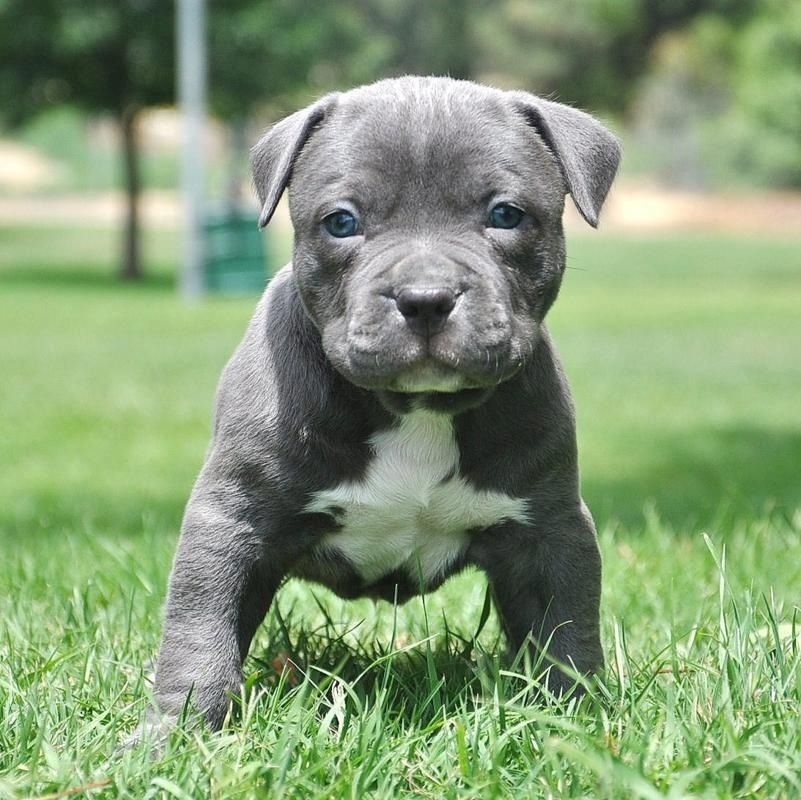 clinical depression
clinical depression
Feeling the puppy blues doesn’t necessarily mean you’re experiencing clinical depression.
Clinical depression, or major depressive disorder, is a mental health condition in which feelings of despair and hopelessness can prevent you from basic daily functioning.
Usually, the puppy blues are directly tied to your new pup, and your symptoms are generally milder than clinical depression.
However, if you think your symptoms are severe or last for a long period of time, you might want to consider speaking with a mental health professional who can help.
Symptoms of puppy blues
Puppy blues may not be a diagnosable condition, but that doesn’t mean what you’re feeling isn’t real or frustrating. Symptoms may include:
- anxiety
- dismay
- regret
- anger
- sleeplessness
- frustration
- hopelessness
- guilt
You may find you don’t like your puppy at times, or you wish you had never made the decision to get a puppy in the first place.
You’re not a bad dog parent for having these thoughts. Just because there are moments when it’s a challenge to enjoy your puppy, that doesn’t mean you don’t love them.
Q: How long will puppy blues last?
A: Puppy blues don’t have a timeline. They can last for days, weeks, or even months and you might even experience them every time you introduce a new dog to your household.
For many people, the feelings of puppy depression resolve once you settle into a routine and your puppy has made progress with basic training.
Every dog is different and some breeds might not be as suited for certain lifestyles. A high energy herding breed, for example, may not adjust as well to the inner-city apartment life. Meanwhile, some puppies are more vocal or take longer to become trained.
Q: How do I cope with puppy stress at home?
A: Like human children, puppies are in the primary learning phase of their lives.
Many of the behaviors they display are a part of how they are processing the world.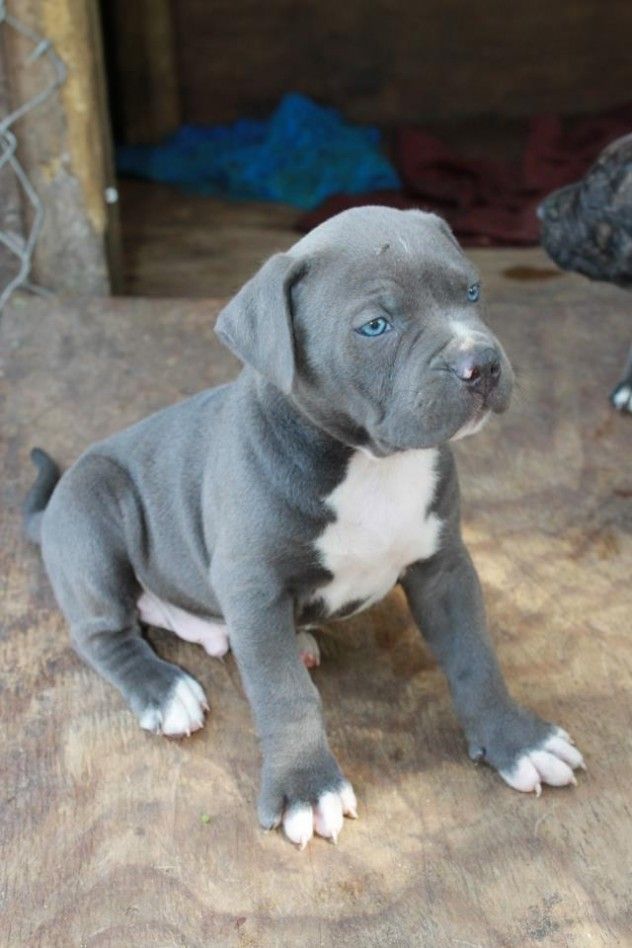 Those shoes they chewed up? It wasn’t because they wanted to upset you — they were exploring scents and textures in the only way they knew how.
Those shoes they chewed up? It wasn’t because they wanted to upset you — they were exploring scents and textures in the only way they knew how.
One way you can cope with your puppy blues is to remind yourself:
- This is often a temporary phase.
- My puppy isn’t doing it to upset me.
- Most dogs respond well to training and building a routine.
That being said, early challenges, like chewing and barking, can become long-term issues if they aren’t addressed. For this reason, educating yourself and speaking with a professional dog trainer can provide important insight.
If you’re not sure where to turn, your veterinary office may have a list of canine professionals that they recommend.
In addition to doing what you can to support your puppy and establish household rules, focusing on your own stress reduction can also help. Puppy-proofing an area of your home can allow you to go for a walk, take a moment in the garden, or disengage from the constant bombardment of puppy energy.
Q: Is crate training helpful or just stress-inducing?
A: The practice of crate training is supported by both the American Animal Hospital Association (AAHA) and the American Kennel Club (AKC), and they offer resources to get you started.
When practiced as intended, crate training is a way to provide your puppy with a safe space that they can go to feel comfortable and secure. It can be used as an anxiety-reducing tool and a way to help calm your dog.
But crate training isn’t about forcing your dog to hold their bladder or about locking them away for “time-outs.”
Puppies may not understand the crate at first. So, if they often get banished to crates to keep them out of the way or out of trouble, it can cause temper tantrums or barking. Some dogs can even destroy the crates they’re confined in.
Crates don’t have to be a source of strife for puppies and owners, though. If you’re unsure of how to use them, consider speaking to your veterinarian or a dog trainer.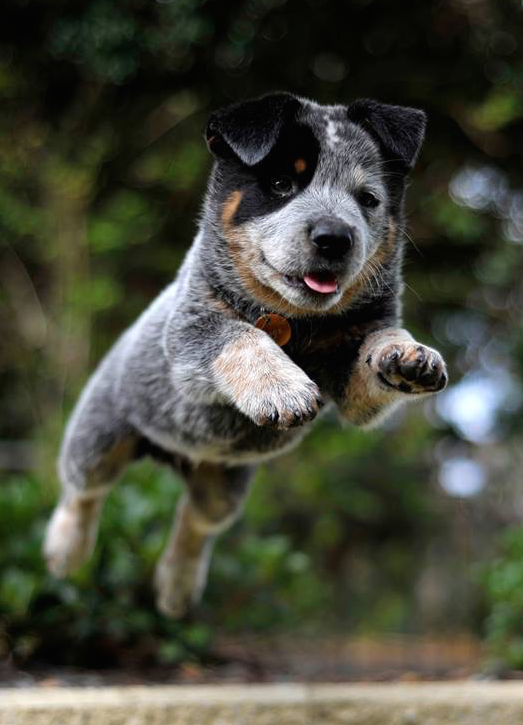
You’re not a bad pet owner for feeling the puppy blues. Any animal brings with it a host of responsibilities. They require food, water, exercise, and lots of attention, along with many other life necessities.
The puppy blues often disappear as your puppy learns and grows. If, however, you feel extreme levels of despair or hopelessness even after your puppy has established manners, you might have something more serious than post-puppy depression.
Either way, a mental health professional can also help you, whether that’s by guiding you through puppy blues or treating any mental health conditions that could be impacting your daily life.
Help! My Puppy Is Making Me Depressed
Puppies are supposed to bring you hours of joy and companionship, so what are all these emotions that feel like “puppy blues”?
Bringing a new puppy into your home can be a very exciting time for you as you adjust to having a new, furry ball of energy taking over your life and your couch.
But it can be a lot of work too — maybe even more than you expected — and it can lead to some less-than-happy feelings.
It’s OK to regret getting a puppy. Pets can be a hefty commitment, especially when they’re young and require training and guidance.
The “post-puppy blues” or simply “puppy blues” are a natural response to the sudden lack of freedom and increase of responsibilities that can come with a new dog.
People love puppies.
In fact, approximately 69 million households in the United States have a dog. Each year, pet owners spend billions of dollars on their furry friends, buying everything from fancy food to squeaky toys and dog collars.
For many people, owning a dog feels like a natural next step, especially if they’ve been admiring dogs for a long time. But the shift from dog admirer to dog owner can come with some unexpected costs, and not all of them are financial.
Puppies tend to require constant supervision and guidance. They chew, bite, lick, and get into almost everything as they learn about their environment. This might mean you can’t leave your puppy unattended for too long, and suddenly, your social life may screech to a halt.
This might mean you can’t leave your puppy unattended for too long, and suddenly, your social life may screech to a halt.
Plus, most new dogs aren’t calm and obedient (yet) when you first bring them home — and training can be hard work.
Behavioral challenges, such as barking and separation anxiety, can compound the post-puppy blues.
What is post-puppy depression?
Post-puppy depression, another term for puppy blues, isn’t a formal diagnosis. It’s a term used to describe feelings of regret, disappointment, and dismay that can occur after getting a new dog.
It may come as a surprise that a puppy can leave you feeling so overwhelmed, especially when it’s a popular assumption that pet ownership is good for mental health. But getting a new puppy can be as overwhelming as bringing home a newborn baby.
For example, a 2015 survey of U.S. adults found single men who owned a pet generally reported higher depressive symptoms than single women who owned a pet. The survey also concluded that single men may feel more burdened by taking care of a pet, whereas single women often benefitted from their pet’s companionship.
The survey also concluded that single men may feel more burdened by taking care of a pet, whereas single women often benefitted from their pet’s companionship.
A 2019 study from South Korea, meanwhile, noted a significant association between a dog owner’s depressive symptoms and their negative attitudes or feelings toward their dogs.
Feelings of post-puppy depression can stem from a number of reasons, including:
- concern about the puppy’s well-being
- lack of sleep due to puppy antics
- the puppy’s destructiveness
- the inability to leave the puppy unsupervised
- the burden of puppy-related responsibilities and obligations, like frequent bathroom walks, feeding, and bathing
Puppy blues vs. clinical depression
Feeling the puppy blues doesn’t necessarily mean you’re experiencing clinical depression.
Clinical depression, or major depressive disorder, is a mental health condition in which feelings of despair and hopelessness can prevent you from basic daily functioning.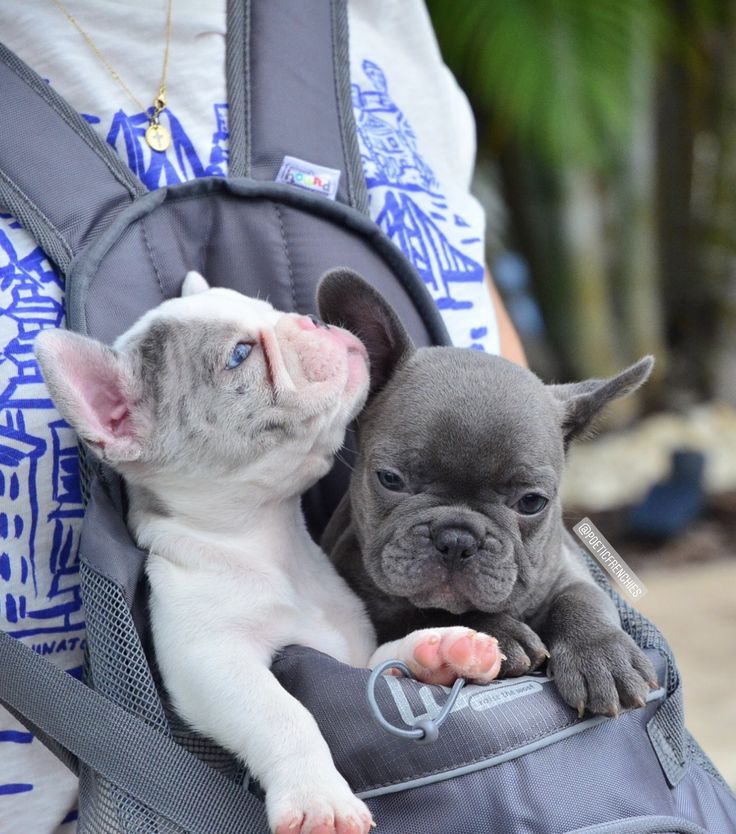
Usually, the puppy blues are directly tied to your new pup, and your symptoms are generally milder than clinical depression.
However, if you think your symptoms are severe or last for a long period of time, you might want to consider speaking with a mental health professional who can help.
Symptoms of puppy blues
Puppy blues may not be a diagnosable condition, but that doesn’t mean what you’re feeling isn’t real or frustrating. Symptoms may include:
- anxiety
- dismay
- regret
- anger
- sleeplessness
- frustration
- hopelessness
- guilt
You may find you don’t like your puppy at times, or you wish you had never made the decision to get a puppy in the first place.
You’re not a bad dog parent for having these thoughts. Just because there are moments when it’s a challenge to enjoy your puppy, that doesn’t mean you don’t love them.
Q: How long will puppy blues last?
A: Puppy blues don’t have a timeline.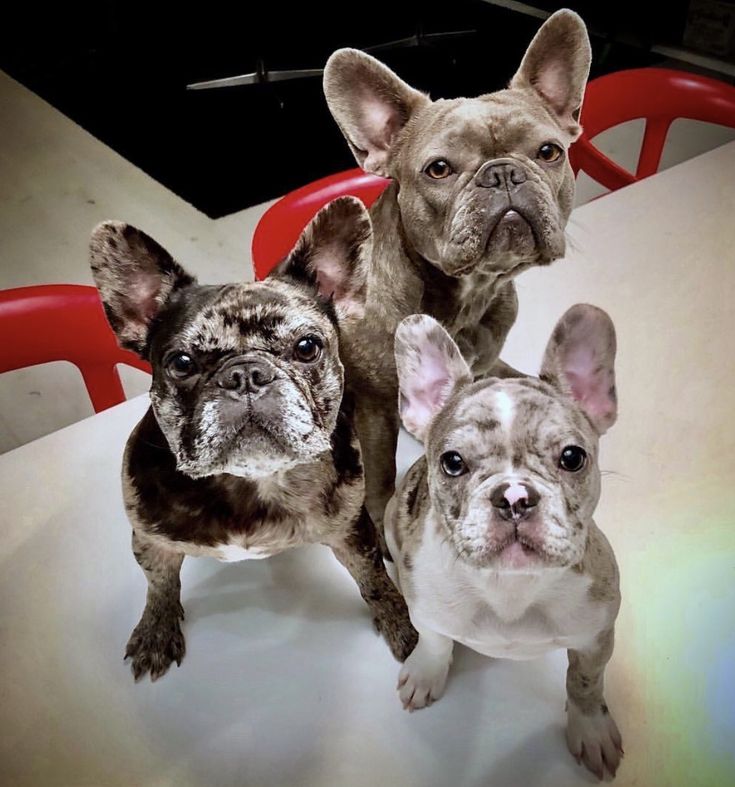 They can last for days, weeks, or even months and you might even experience them every time you introduce a new dog to your household.
They can last for days, weeks, or even months and you might even experience them every time you introduce a new dog to your household.
For many people, the feelings of puppy depression resolve once you settle into a routine and your puppy has made progress with basic training.
Every dog is different and some breeds might not be as suited for certain lifestyles. A high energy herding breed, for example, may not adjust as well to the inner-city apartment life. Meanwhile, some puppies are more vocal or take longer to become trained.
Q: How do I cope with puppy stress at home?
A: Like human children, puppies are in the primary learning phase of their lives.
Many of the behaviors they display are a part of how they are processing the world. Those shoes they chewed up? It wasn’t because they wanted to upset you — they were exploring scents and textures in the only way they knew how.
One way you can cope with your puppy blues is to remind yourself:
- This is often a temporary phase.

- My puppy isn’t doing it to upset me.
- Most dogs respond well to training and building a routine.
That being said, early challenges, like chewing and barking, can become long-term issues if they aren’t addressed. For this reason, educating yourself and speaking with a professional dog trainer can provide important insight.
If you’re not sure where to turn, your veterinary office may have a list of canine professionals that they recommend.
In addition to doing what you can to support your puppy and establish household rules, focusing on your own stress reduction can also help. Puppy-proofing an area of your home can allow you to go for a walk, take a moment in the garden, or disengage from the constant bombardment of puppy energy.
Q: Is crate training helpful or just stress-inducing?
A: The practice of crate training is supported by both the American Animal Hospital Association (AAHA) and the American Kennel Club (AKC), and they offer resources to get you started.
When practiced as intended, crate training is a way to provide your puppy with a safe space that they can go to feel comfortable and secure. It can be used as an anxiety-reducing tool and a way to help calm your dog.
But crate training isn’t about forcing your dog to hold their bladder or about locking them away for “time-outs.”
Puppies may not understand the crate at first. So, if they often get banished to crates to keep them out of the way or out of trouble, it can cause temper tantrums or barking. Some dogs can even destroy the crates they’re confined in.
Crates don’t have to be a source of strife for puppies and owners, though. If you’re unsure of how to use them, consider speaking to your veterinarian or a dog trainer.
You’re not a bad pet owner for feeling the puppy blues. Any animal brings with it a host of responsibilities. They require food, water, exercise, and lots of attention, along with many other life necessities.
The puppy blues often disappear as your puppy learns and grows. If, however, you feel extreme levels of despair or hopelessness even after your puppy has established manners, you might have something more serious than post-puppy depression.
If, however, you feel extreme levels of despair or hopelessness even after your puppy has established manners, you might have something more serious than post-puppy depression.
Either way, a mental health professional can also help you, whether that’s by guiding you through puppy blues or treating any mental health conditions that could be impacting your daily life.
How to prevent blues in puppies?
It is not uncommon for puppy owners to experience what some call "puppy depression" for the first time. Getting a new puppy can be very difficult. If you're not ready for the sleepless nights and problems with potty training your puppy, you might be getting a new puppy blues.
Post-puppy depression. Yes, depression after puppies is common for many people. … Some people wait years to welcome their dog into their family, and when the day finally comes when you bring your puppy home, the level of excitement will be higher than ever.
Is it normal to regret having a puppy? Yes, regretting a puppy or a dog is normal. You are a good person! If you recently added a new dog or puppy to your family and are wondering if you made a mistake, just know that others are feeling the same way.
You are a good person! If you recently added a new dog or puppy to your family and are wondering if you made a mistake, just know that others are feeling the same way.
The birth of a puppy becomes easier when he is 4-5 months old, because this is the time when puppies are usually potty trained, can concentrate longer and settle into their new home.
Open the back door (assuming you have a backyard) and let your puppy walk around the yard and run out for a few minutes. Try to focus the puppy on a toy or chew. Wait. The craziness is usually over in 5 minutes or less.
Follow your normal routine of taking your puppy outside at least every two to four hours and after every change in activity. This is especially important during home workouts and minimizes accidents. For a puppy, several short play sessions throughout the day are better than one long play session.
Toys that can be filled with food or treats, such as the Kong, are a great option when your puppy needs something to calm him down. Freezing them after stuffing them will last longer and will also soothe any puppy that's teething!
Freezing them after stuffing them will last longer and will also soothe any puppy that's teething!
A dog's sleep needs and patterns are very different from those of humans. Dogs sleep longer than humans, but they spend less time in deep sleep, meaning they are often easily awoken and often ready to deal with a non-existent threat.
Well, gone are the days when puppies reached adolescence. Technically, dogs reach adolescence between 6 and 18 months of age. But I think the worst phase for city dogs is 5-10 months of age.
Previous research has shown that when people cry, their dogs get stressed too. … A new study has found that not only do dogs get upset when they see their owners sad, but they also try to do something to help.
Most puppies go through a very difficult stage when they are about 5 months old. Dogs often do not grow into adolescence for 2-3 years, depending on the breed. Many experts agree that the most difficult time is between 8 and 18 months of age.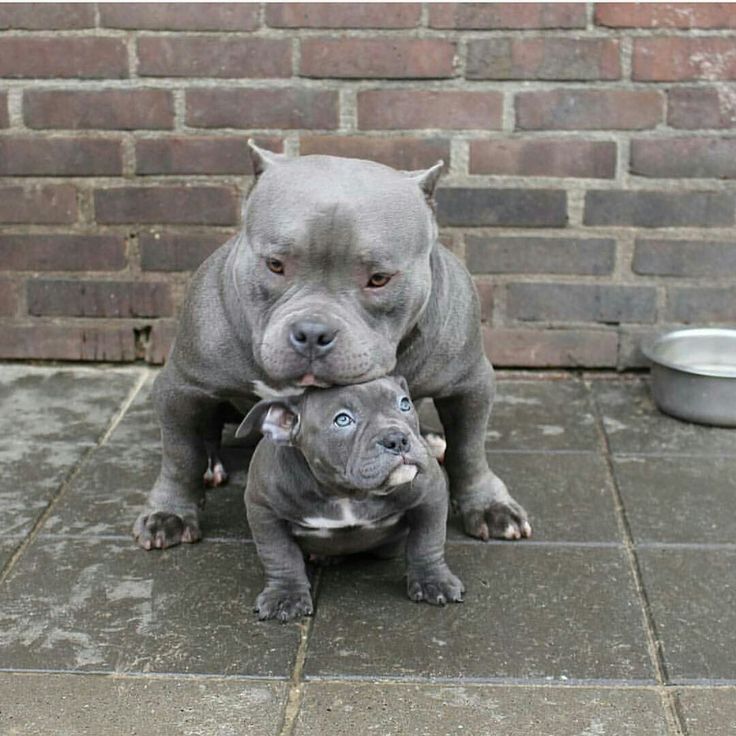
If your dog's behavior puts you or your family at risk, relocation is a responsible choice. You and your dog may have a lifestyle mismatch, or you may no longer be able to physically care for the dog he needs. In these situations, sometimes moving is the best option for everyone.
Raising a puppy is difficult. And it's okay if you don't want to live with a dog. And it's okay to return it to the breeder. Maybe this dog is not for you after all.
Is it okay to be offended by your puppy?
Therefore, it is important to understand that anxiety, resentment and panic are quite common feelings when you bring home a new puppy, because your whole life will change and the puppy will be demanding.
It's not uncommon to feel annoyed, frustrated, or even regretful after getting a new puppy. It's okay to think about whether your puppy is right for your family or you might really need to return or reconsider. In truth, you probably won't fall in love with your new puppy right away.
How long do puppy blues last? It really depends on the person, but the blues should go away once you can get some control over the situation. Usually the first two or three weeks are the hardest. This is when you sleep little and continue to potty train.
We're here to give you a little relief: no, your dog can't be offended by you, at least not quite. While it is possible that your dog may experience feelings of frustration, jealousy, or other emotions, it is important to remember that your dog is not making a conscious choice to feel these things.
Toys that can be filled with food or treats, such as the Kong, are a great option when your puppy needs something to calm him down. Freezing them after stuffing them will last longer and will also soothe any puppy that's teething!
The birth of a puppy becomes easier when he is 4-5 months old, because this is the time when puppies are usually potty trained, can concentrate longer and settle into their new home.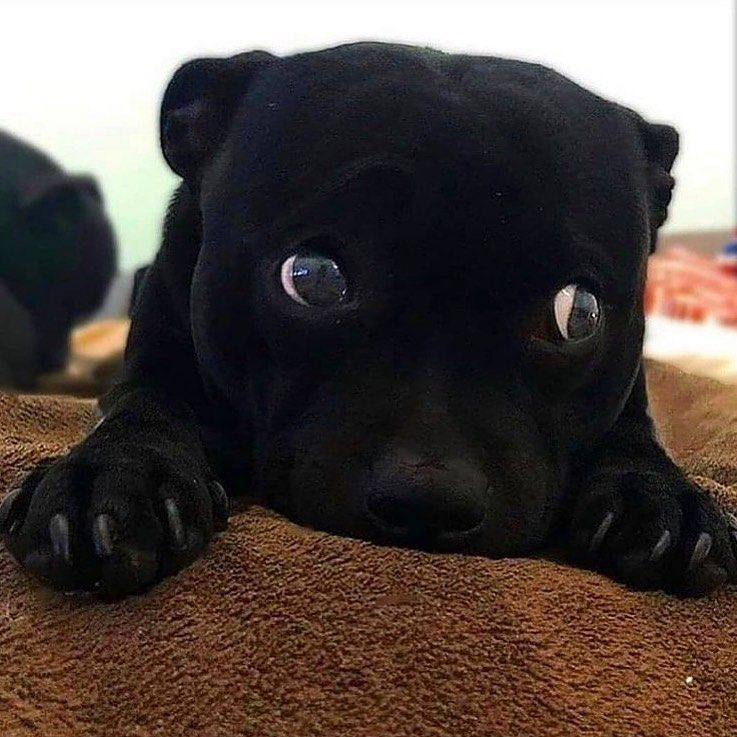
Most puppies go through a very difficult stage when they are about 5 months old. Dogs often do not grow into adolescence for 2-3 years, depending on the breed. Many experts agree that the most difficult time is between 8 and 18 months of age.
That's right, new parents - your job is not that difficult. That is, at least not compared to the unenviable task of raising a puppy. … But here's the thing - when it comes to raising cute, helpless and needy creatures, raising a puppy is a lot harder than raising a child.
You put a lot of pressure on yourself to raise your puppy well and give him the best start in life, and this pressure and level of expectation of our puppy can lead to post-puppy depression.
How does a dog react to a new owner? … In general, the repeated return to the starting position is a very difficult experience for dogs. Dogs often experience bouts of depression and anxiety, especially if they come from a happy home. They will miss their old owner and may not want to do much at all in their sadness over leaving.
Your dog is definitely emotional and can get upset, but he doesn't get mad at you. If your dog gets annoyed when you leave, it's not anger, it's boredom. Dogs live in the moment, so any negative emotions they experience will disappear as soon as the cause of the disorder is removed.
While there are dogs like Ruckus who openly dislike their owner, there are others who do not enjoy living under the same roof with them. … In some cases, a dog may have a good reason to be embarrassed with its owner: mistreatment will weaken and even seriously damage the bond between man and animal.
This means that the dog will have all the basic emotions: joy, fear, anger, disgust and yes, love, but the dog will not experience the more complex emotions such as guilt, pride and shame.
"No" should never mean that your dog will get hurt or get into trouble. Some coaches don't like to use the word "no" at all. They told people to NEVER say no to their dog. … There is nothing wrong with using the word “no” correctly when training a dog.

